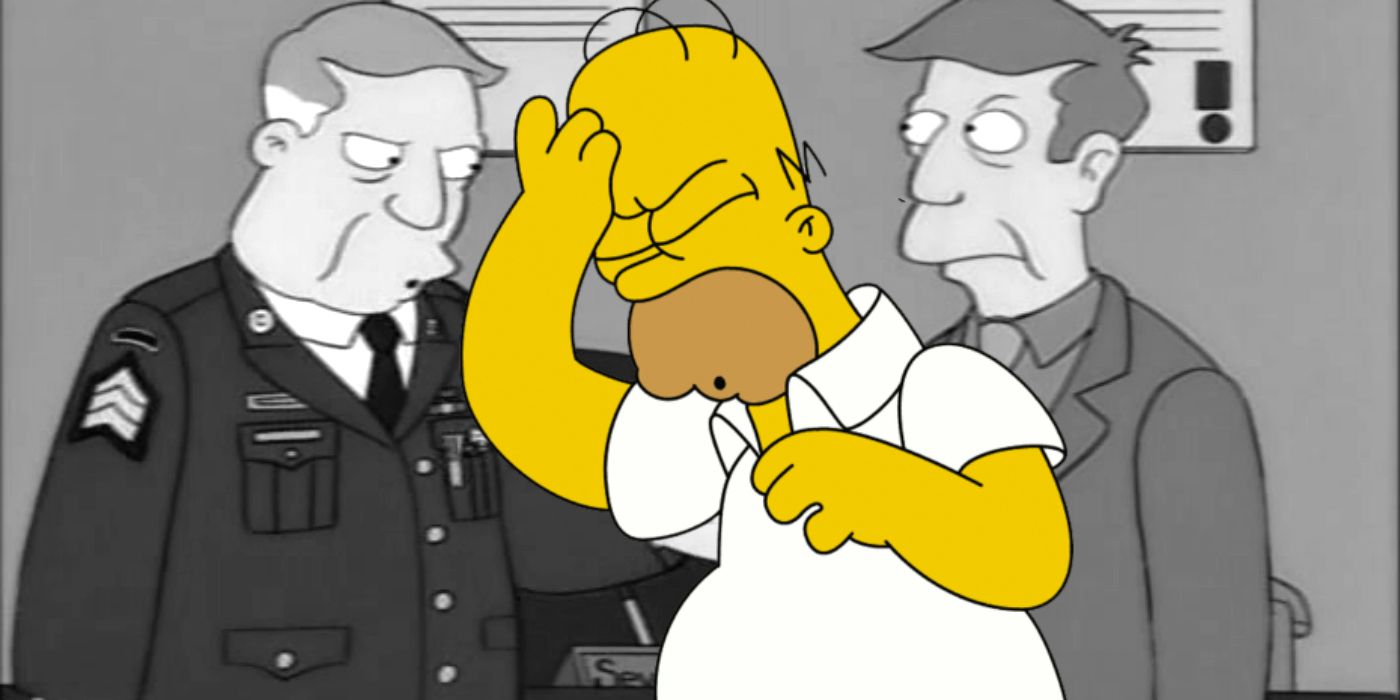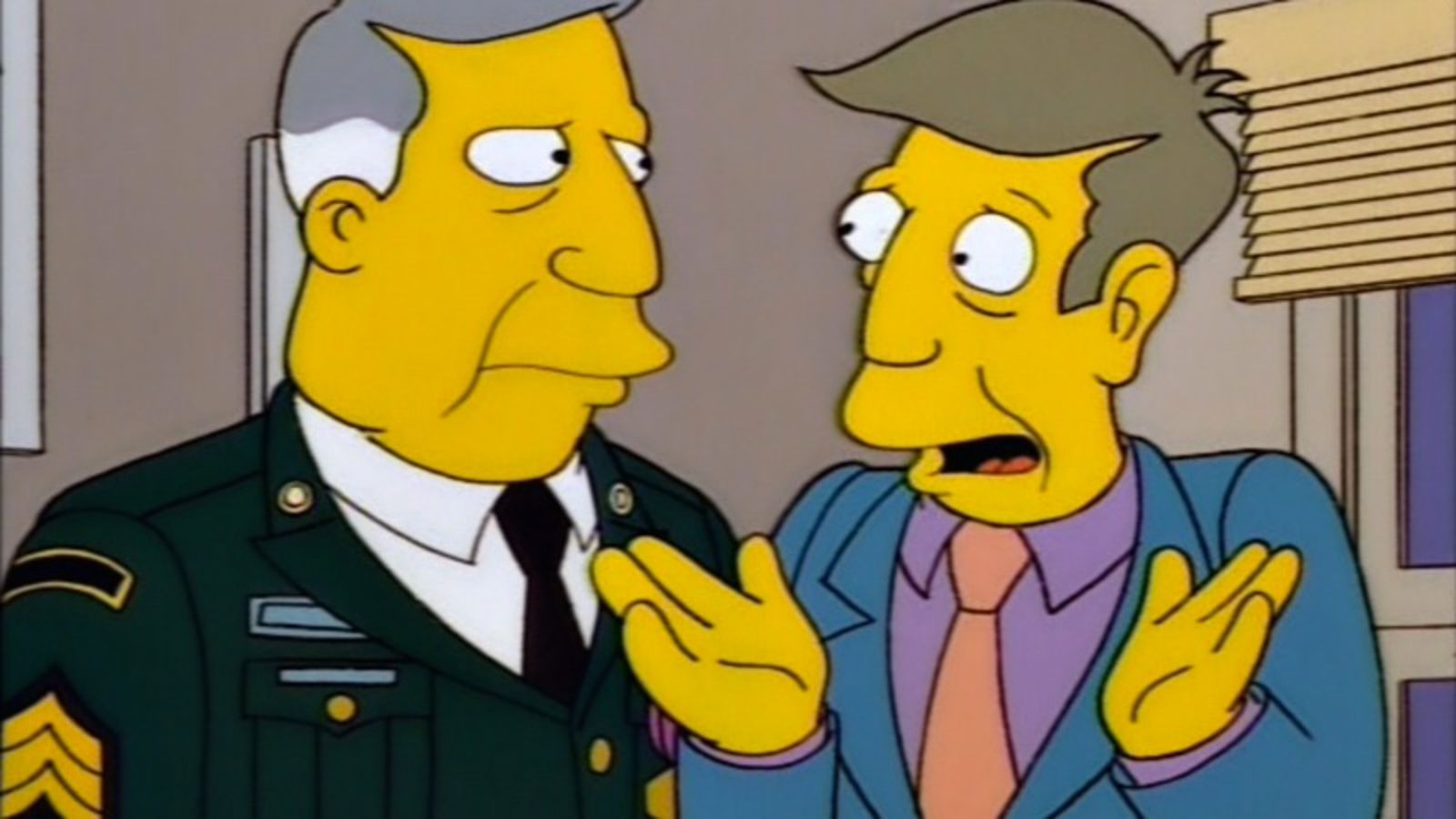The Simpsons is not the creative powerhouse it once was - so when did the quality decline begin? A persuasive argument could be made that The Simpsons is the most successful show in television history. Debuting in 1989, the show became a sensation for its first few years, a genuine cultural phenomenon with the accompanying marketing push; it was nearly impossible to find a product in the early 90s that didn't have Bart Simpson's face plastered on it. Despite the overnight success, the show itself struggled to transcend its roots as a series of a transitional shorts on The Tracy Ullman Show. There was a noticeable jump in quality for the second year, and by the third season The Simpsons had officially entered its golden age.
The Simpsons is currently airing its 31st season - and will soon be a foundational part of Disney+ - and there are no indications that the curtains are going down on Springfield anytime soon. But part of the show's mythology at this point has become a late era quality decline. Anyone who's caught the show's glory days in reruns will recognize the current iteration is less witty and earnest than it once was, both a lesser version of itself and an imitation of newer, edgier animated series. Also, quite simply, you can't expect to tell over 20 stories a year with the same cast of characters and not expect things to get stale at some point. That it took The Simpsons so long - and that the stale version is still pretty solid - is a testament to the show's legacy. While seasons 3-8 are generally considered the unimpeachably excellent years of the show, the essential stories that shaped not only the series but 21st American comedy as a whole, it wasn't long after things took a downward turn.
The cracks began showing during The Simpsons season 9, and more specifically "The Principal And The Pauper". The deeply unpopular episode revealed Principal Skinner to be an imposter named Armin Tamzarian who replaced the real Skinner, who he believed died in the Vietnam War but returned to reclaim his life in Springfield. Once the town realized they preferred the old Skinner, they road the true man out of town and invited Armin back with open arms, promising to never speak of the incident again. It's been argued the episode was parodying the trope of shows in later seasons making dramatic, implausible character reveals, but enough fans found it to be bad enough on its face that the authorial intent didn't really matter. The Simpsons had produced some weak episodes before, but this was the first sign of a noticeable shift in its storytelling, of it running out of ideas and crafting wilder scenarios, and the beginning of a steady decline.
Things, sadly, didn't improve any after season 9. Beyond even desperate attempts at shock, the show's humor began changing. By season 10, The Simpsons was both cruder and sillier, embracing the sort of zany physical gags and easy toilet humor it had largely eschewed in its earlier days in favor of more cerebral, innovative laughs. Alongside this was the show's use of Homer, who was increasingly stuffed into stories and scenarios that didn't necessarily require him, and who became a much meaner, less likeable figure all-round. The show's sense of humor has continued to evolve over the years, and has filtered out some of those problems, but the show is unmistakably blander, safer, and less funny since the shifts that started in season 9, and really took hold in season 10.
The Simpsons isn't just a hit TV series, it's an American comedy institution on the same level as Saturday Night Live. The show's glory days may be long behind us, but it's still routinely better than some of its contemporary counterparts, and there may be no better six year run of television than its third through eighth seasons. After those, though, the series has never been the same again.


